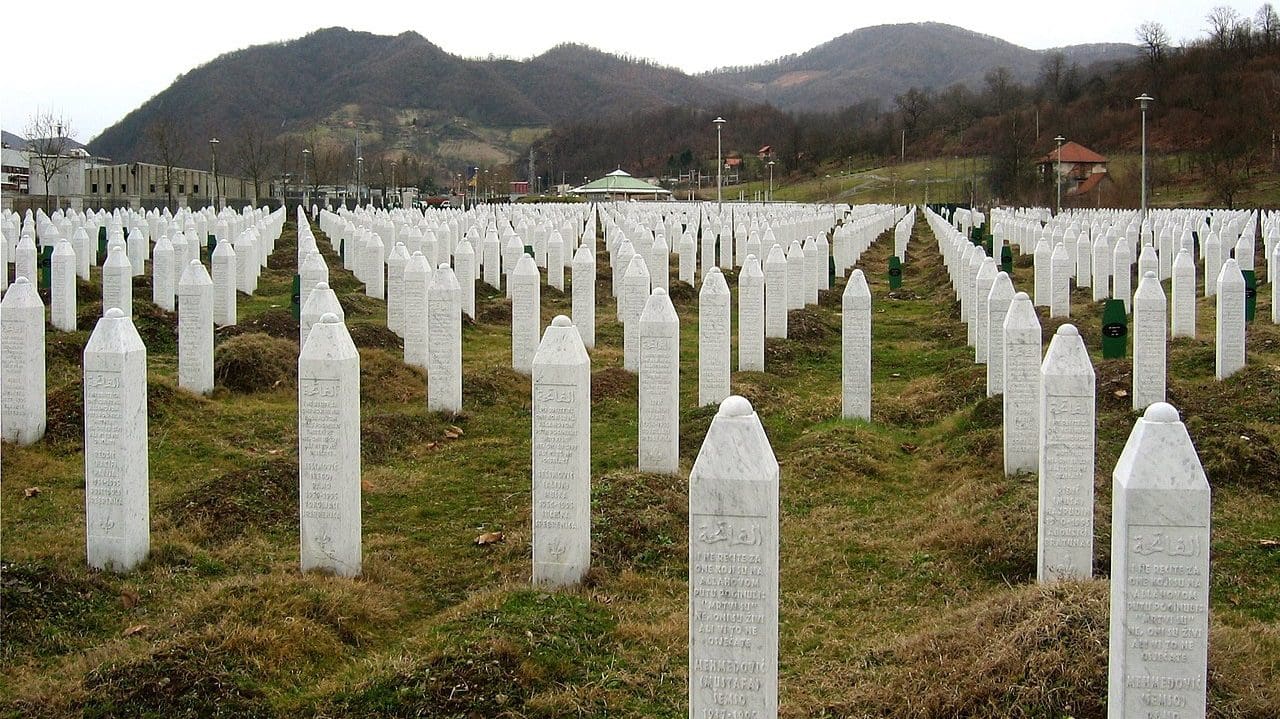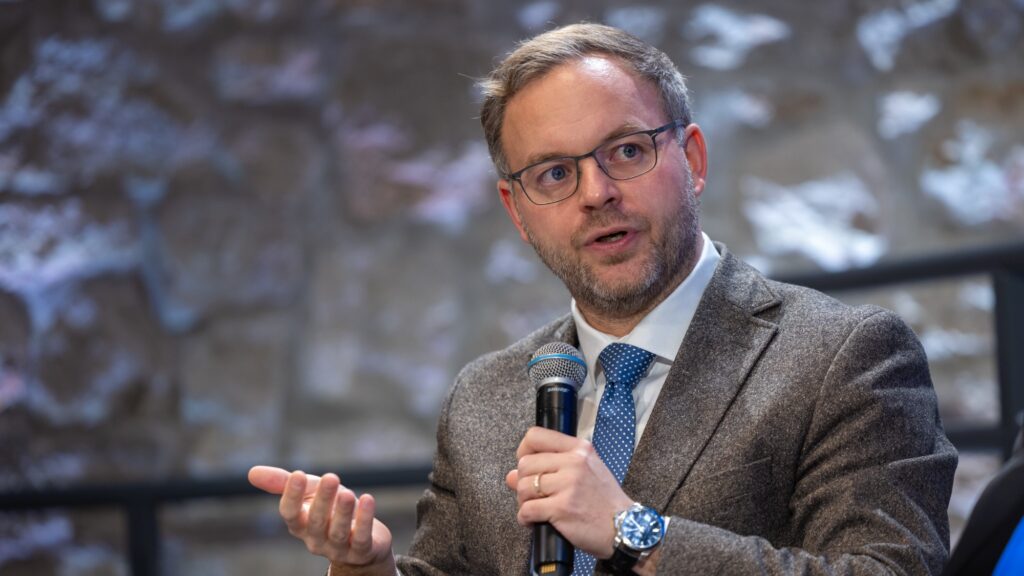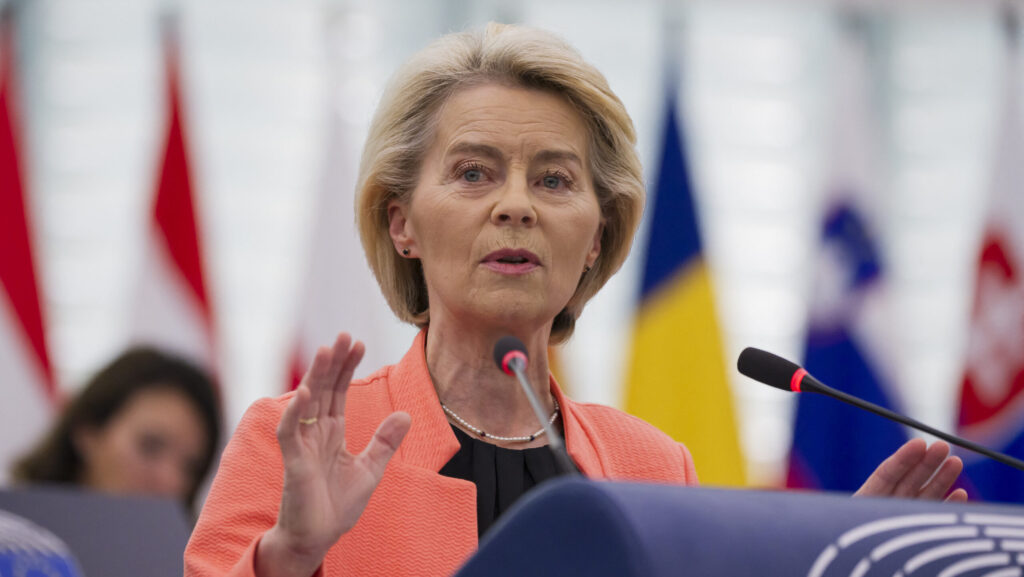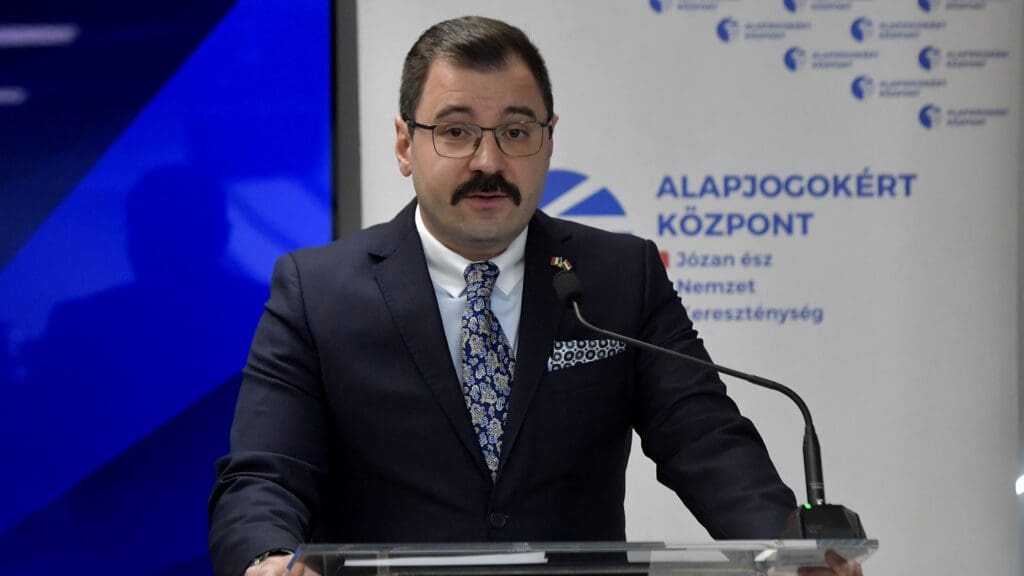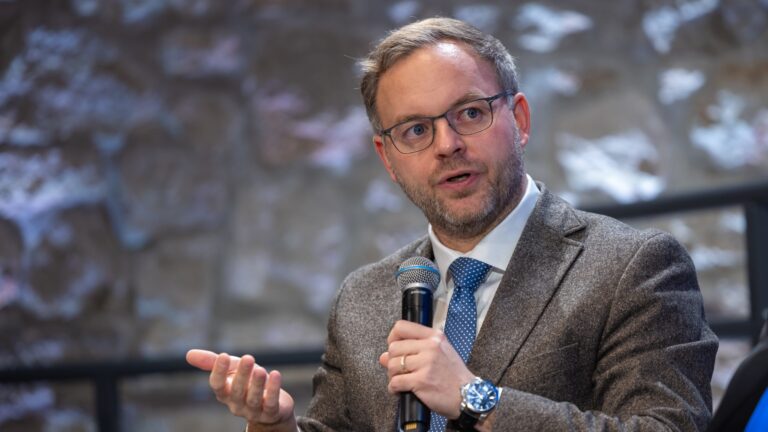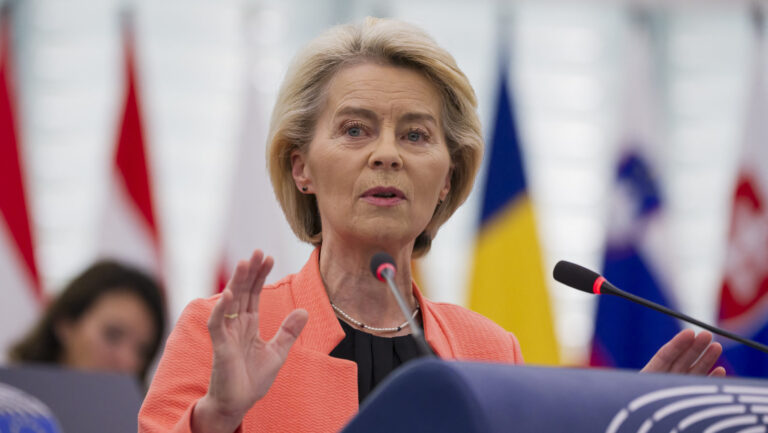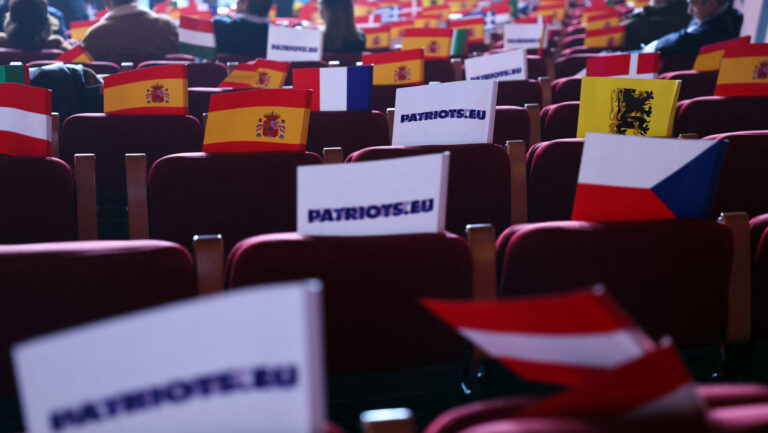Bosnia and Herzegovina is celebrating its 31st anniversary these days. The referendum that ensured its independence from Yugoslavia was held between 29 February and 1 March 1992. Within months of the referendum, Bosnia and Herzegovina was recognised as an independent state by countries such as the United States, but soon, a bloody war started. During the Bosnian War (1992–1995) there were a number of war crimes and ethnic cleansings committed—in total, around 100,000 people died in the atrocities.
The Bosnian genocide, the memory of which is deeply connected to the Srebrenica massacre, is one of the greatest modern-time traumas of the Balkans and of Bosnia and Herzegovina. Most of the heinous actions were carried about by the Bosnian Serb Army of the Republika Srpska (VRS) and the Serbian paramilitary unit The Scorpions, targeting mostly Bosniak Muslim communities. Over 8,000 people are known to be brutally murdered in the Srebrenica massacre, mostly men, boys, and prisoners of war. In 2004, the massacre was classified as genocide under international law.
Latest statement by the @UN USG and Special Adviser on the Prevention of Genocide, @WairimuANderitu on Bosnia and Herzegovina, expressing concern over continuous incidents of revisionism concerning atrocity crimes, incl denial of #Srebrenica genocide⤵️
— UN Genocide Prevention (@UNOSAPG) February 23, 2023
🔗https://t.co/GrCtJNuSls pic.twitter.com/kAmL59Rc9I
Recently, the United Nations expressed its concerns over the tendency in Bosnia and Herzegovina to deny the genocide and to advocate for revisionist views. The UN also voiced worries of its own over the glorification of war criminals and stressed that these campaigns block the reconciliation efforts between the two autonomous regions within Bosnia and Herzegovina. The UN’s press release came only about a week after the United States’ Embassy to Bosnia and Herzegovina condemned President of Republika Srpska Milorad Dodik (Bosnian Serb politician) for denying the Srebrenica massacre. The US ambassador highlighted that Dodik’s denial of the mass slaughter is not only harmful, but also illegal under the laws of Bosnia and Herzegovina.
Denial of genocide and war crimes, and the glorification of war criminals are reprehensible and irresponsible. #USAmbBiH
— US Embassy Sarajevo (@USEmbassySJJ) February 22, 2023
Watch Amb Murphy’s video message ⬇️#SrebrenicaGenocide pic.twitter.com/pWwK2SJpgO
Milorad Dodik assumed office in 2022. Since then, he has been pursuing the independence of Republika Srpska. He openly denies the genocide and rejects Bosnia and Herzegovina’s authority to criminalise genocide denial, an act for which he too has been condemned and sanctioned by the US. In July 2021, genocide denial and the worshipping of war criminals were banned in the country, due to the worries that they incite hatred and crime. Those found guilty of transgressing the ban can be put in prison for six months to five years. So far, however, no one has been charged with denial under the 2021 law.
Bosnia and Herzegovina consists of two autonomous entities (the Federation of Bosnia and Herzegovina and Republika Srpska) as well as a third unit, the Brčko District.
The Federation of Bosnia and Herzegovina occupies around half of the total landmass of Bosnia and Herzegovina and it is mostly inhabited by Bosniaks (a predominantly Muslim population). The Republika Srpska is a majority Serb (Orthodox) region within Bosnia and Herzegovina from where, during the war, most other ethnic groups (Bosniaks and Croatians) were expelled. Finally, the Brčko District is a condominium of the two autonomous entities due to its mixed ethnic nature (according to the latest census, it’s 42 per cent Bosniak, 34 per cent Serbian, and 20 per cent Croatian). In total, 50 per cent of the country’s population is Bosniak, 30 per cent is Serbian, and 15 per cent is Croatian.
Bosnia and Herzegovina applied for EU membership in 2016 and it was granted candidate country status in December 2022.
While the NATO accession of the country is also regularly discussed, its Serb population, which maintains historically good relations with Russia, is currently blocking the country’s advancement towards joining NATO. In 2015, Russia vetoed the UN’s attempt to condemn the Srebrenica massacre as a genocide. Russia is also supporting Serbs in Republika Srpska and their revanchist views.

